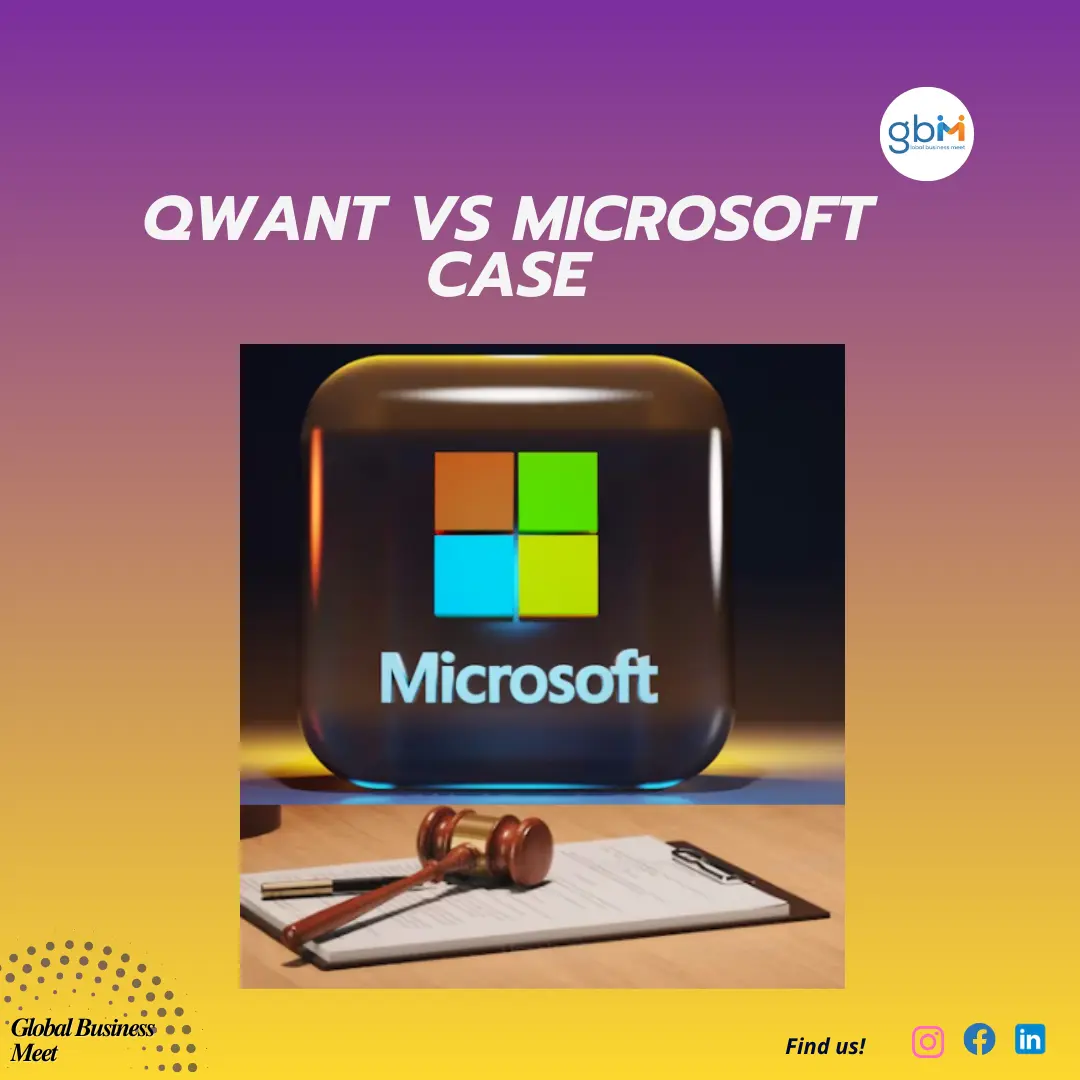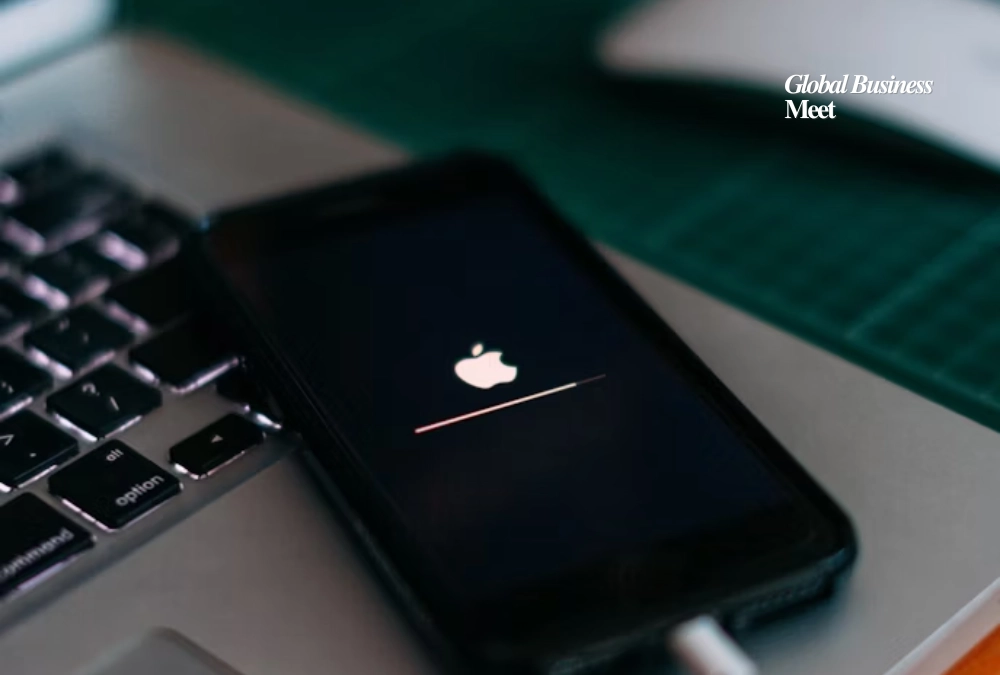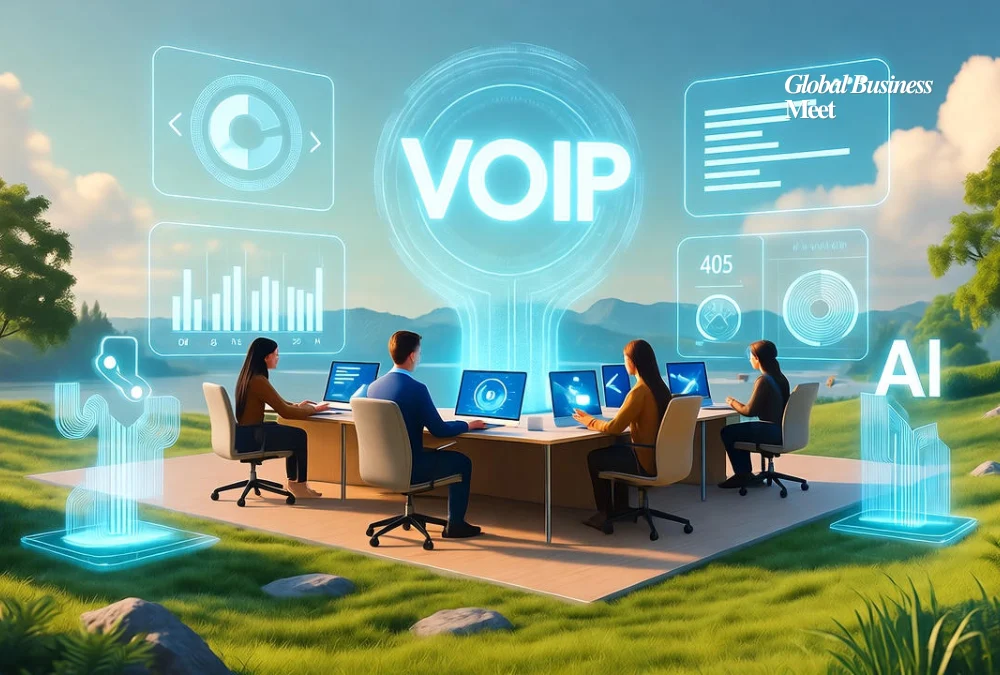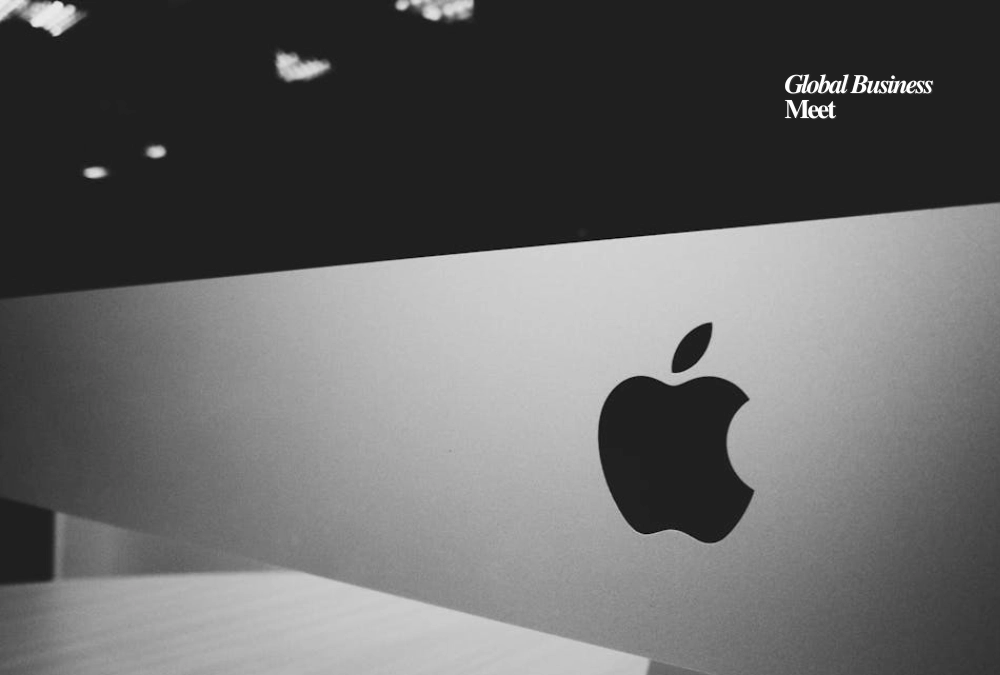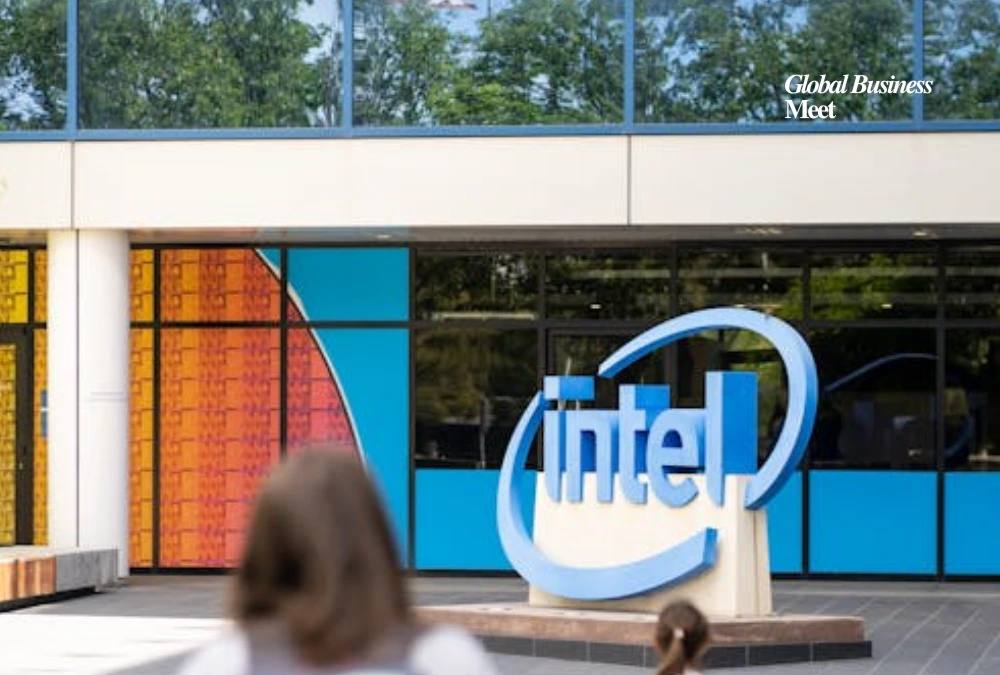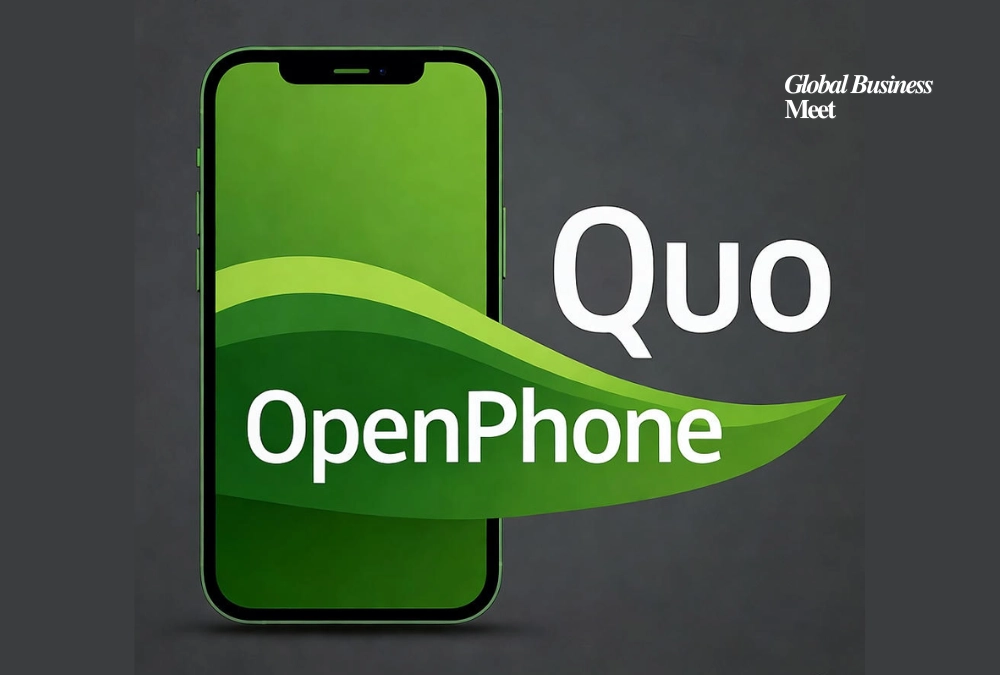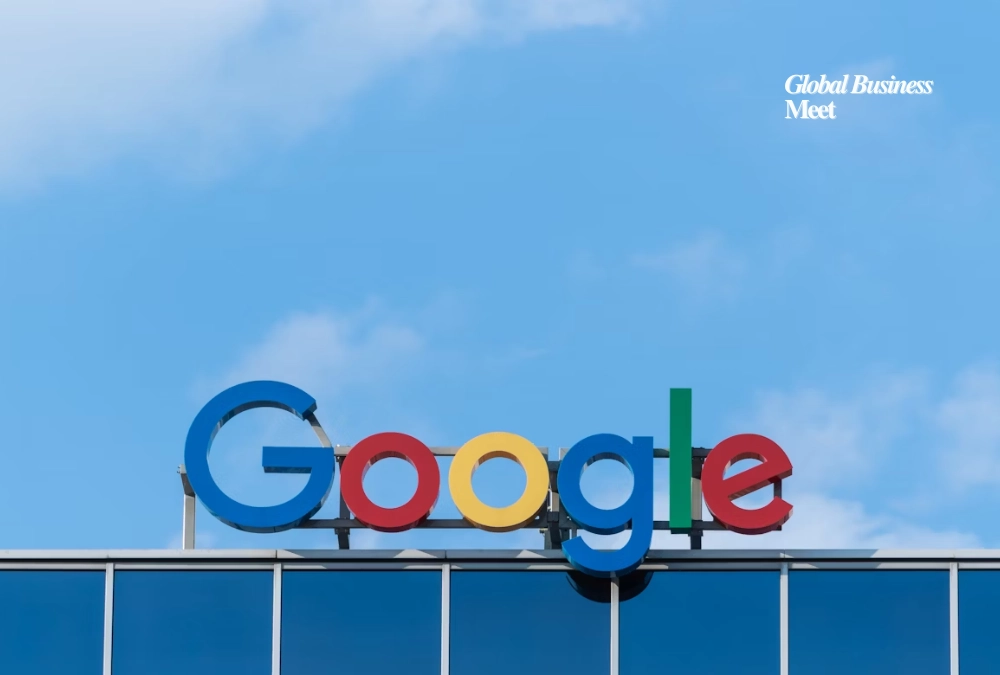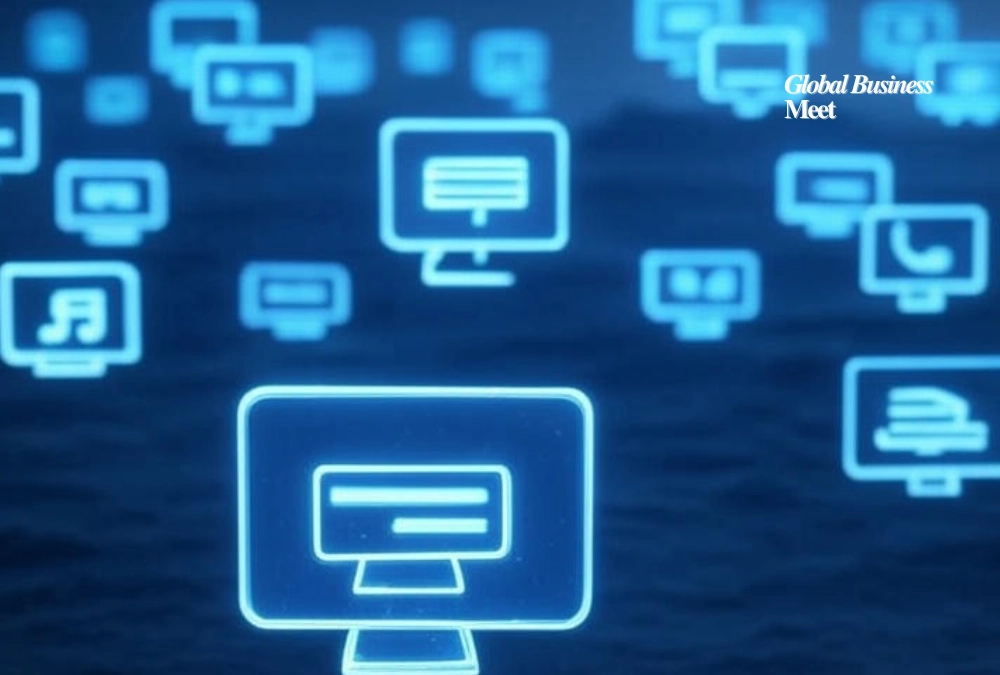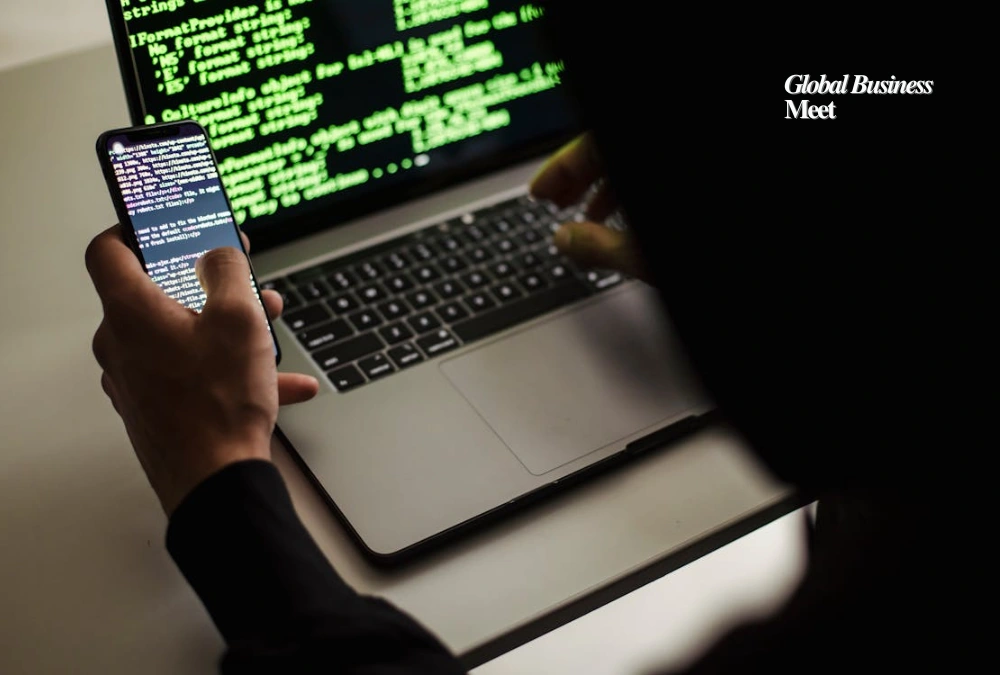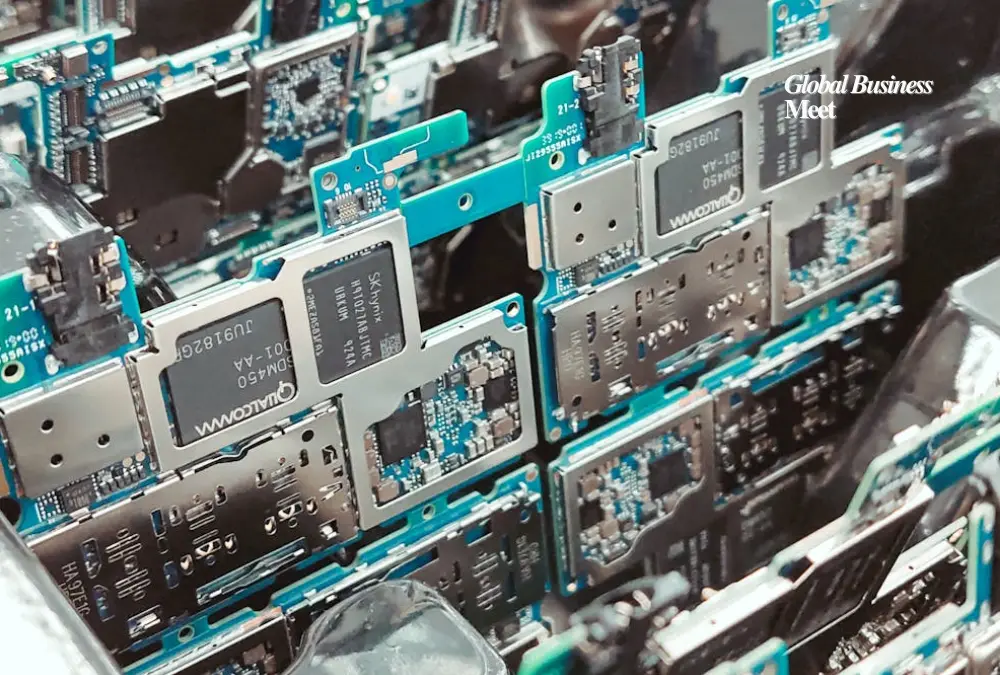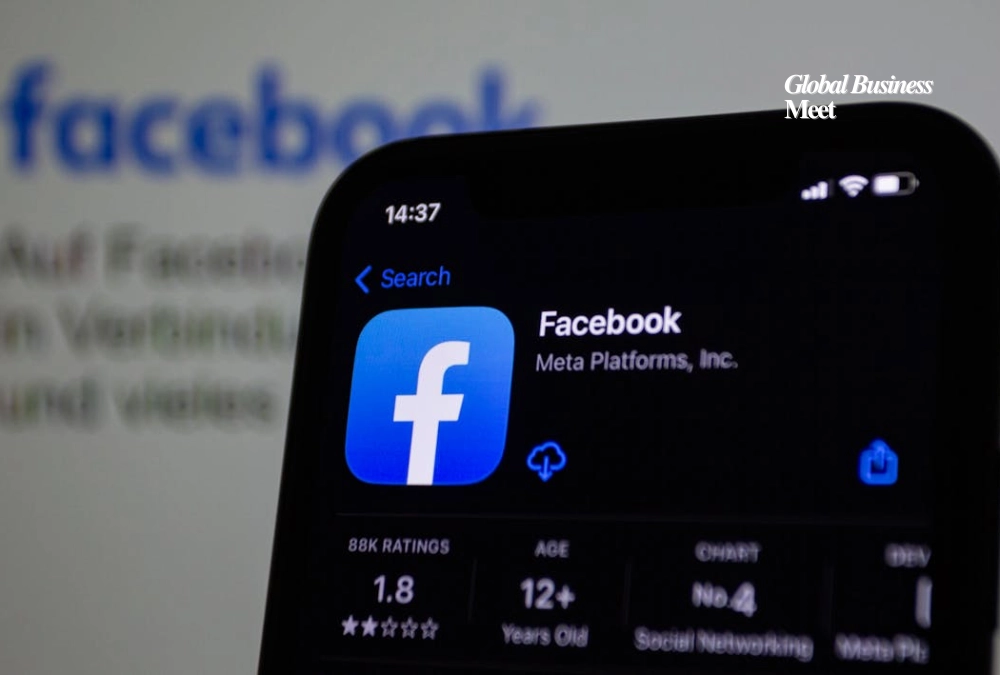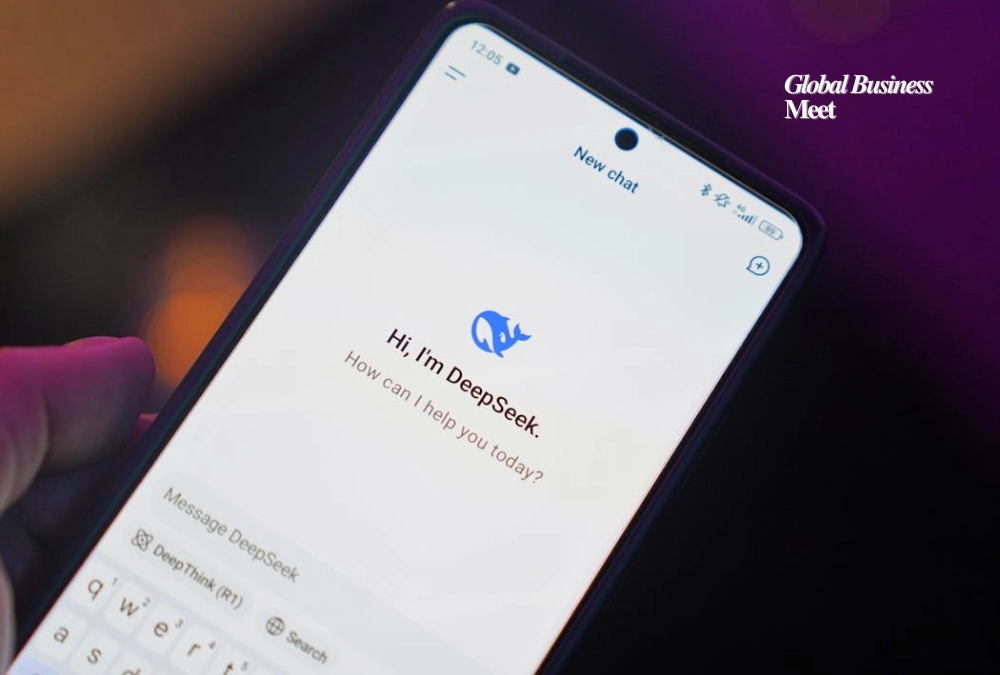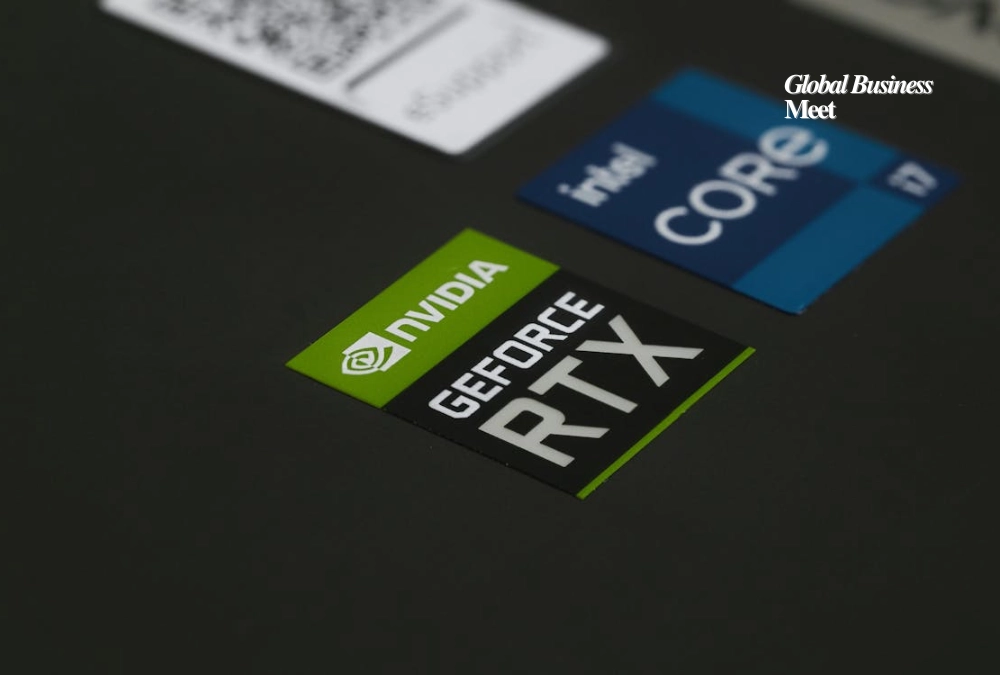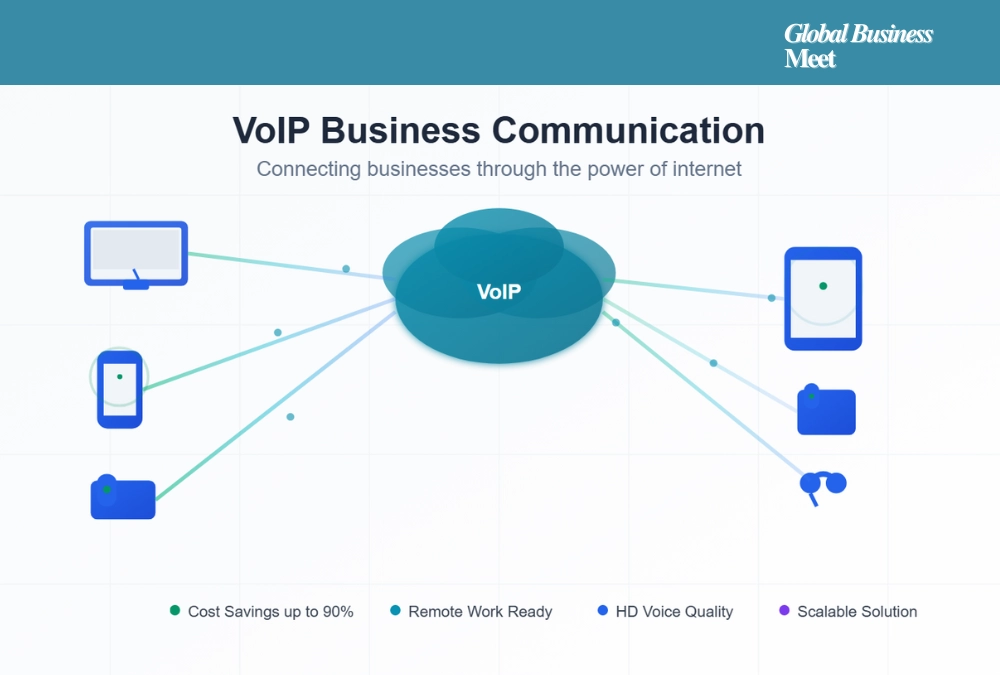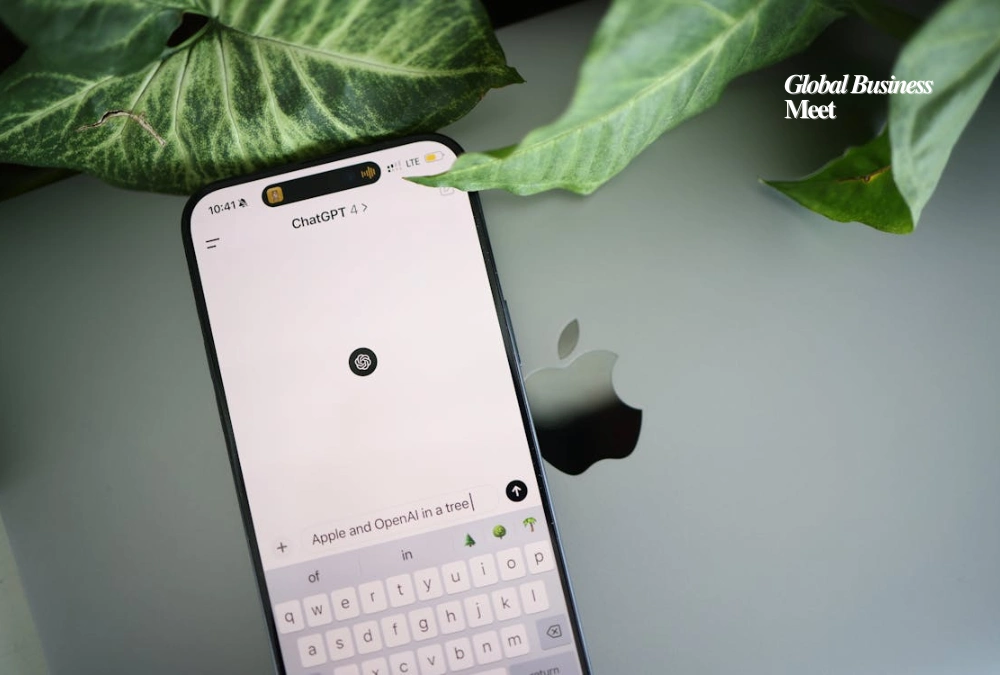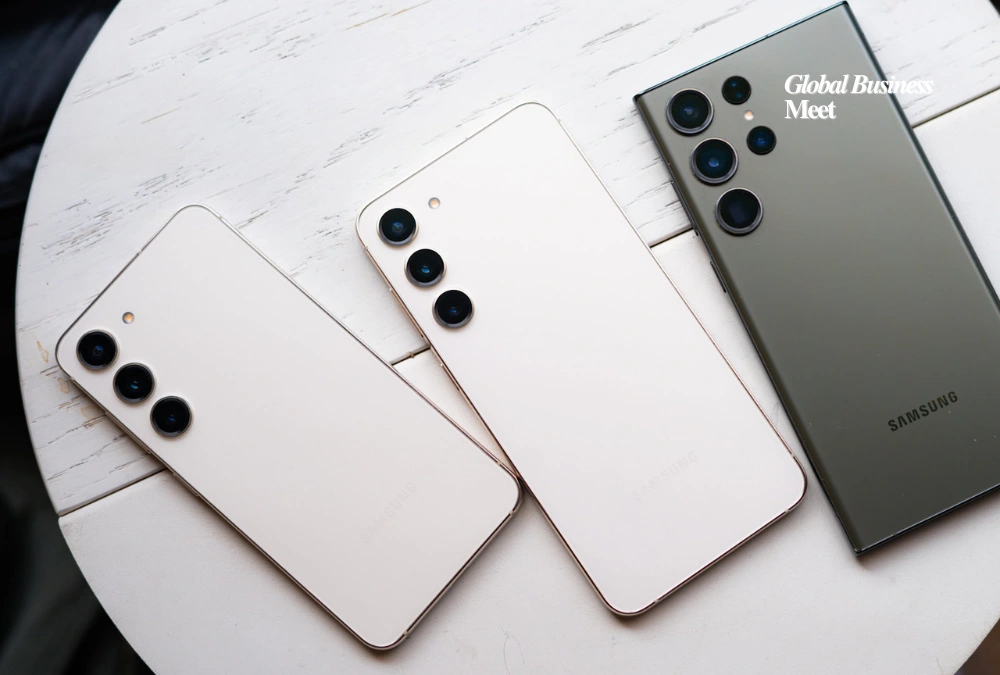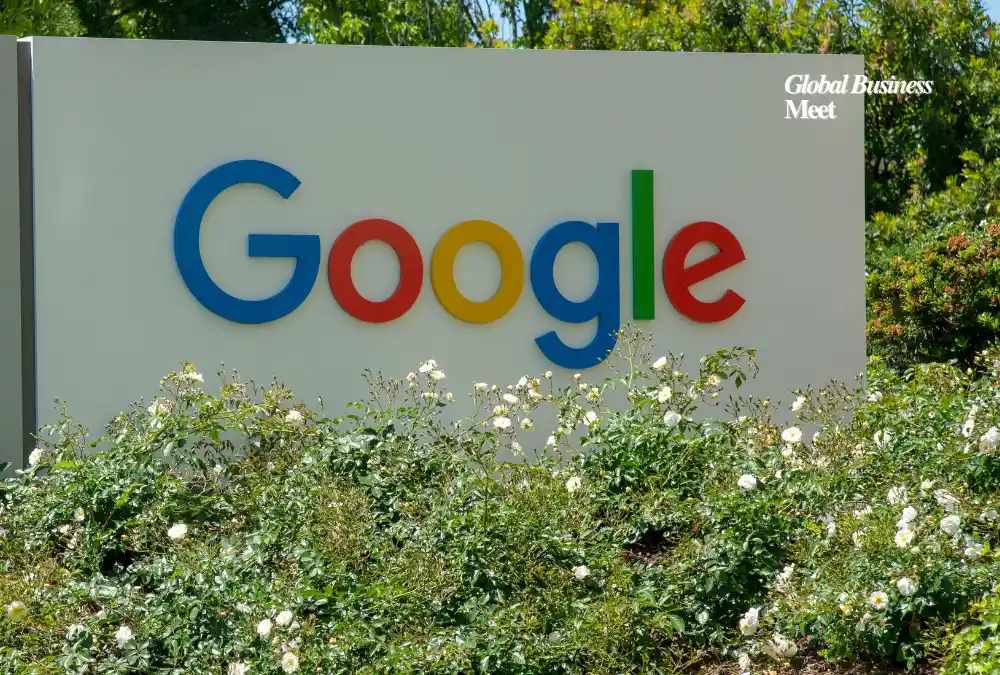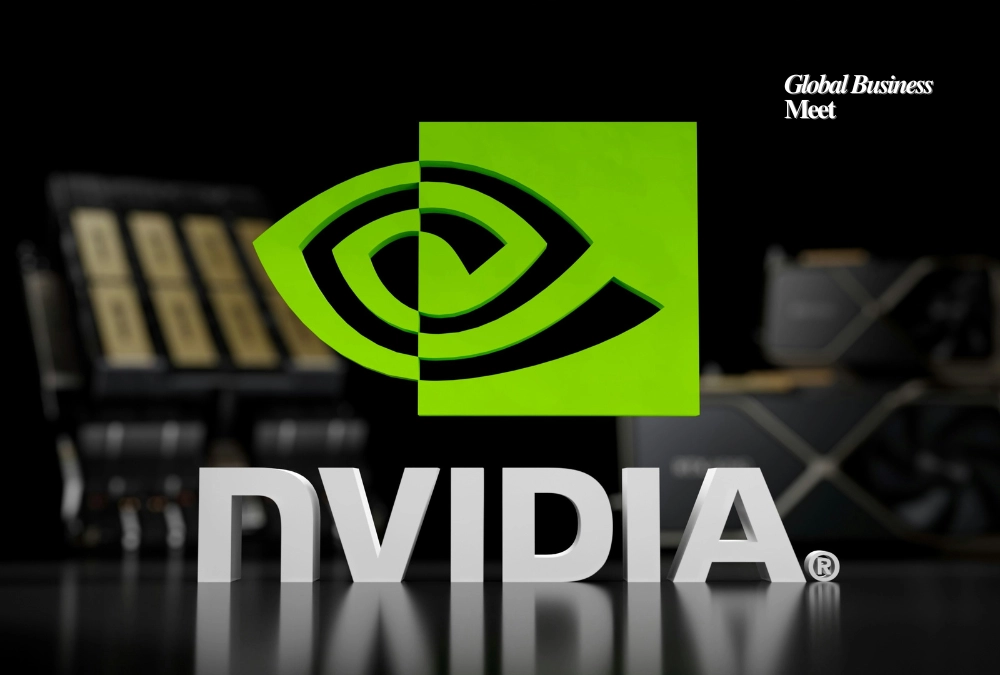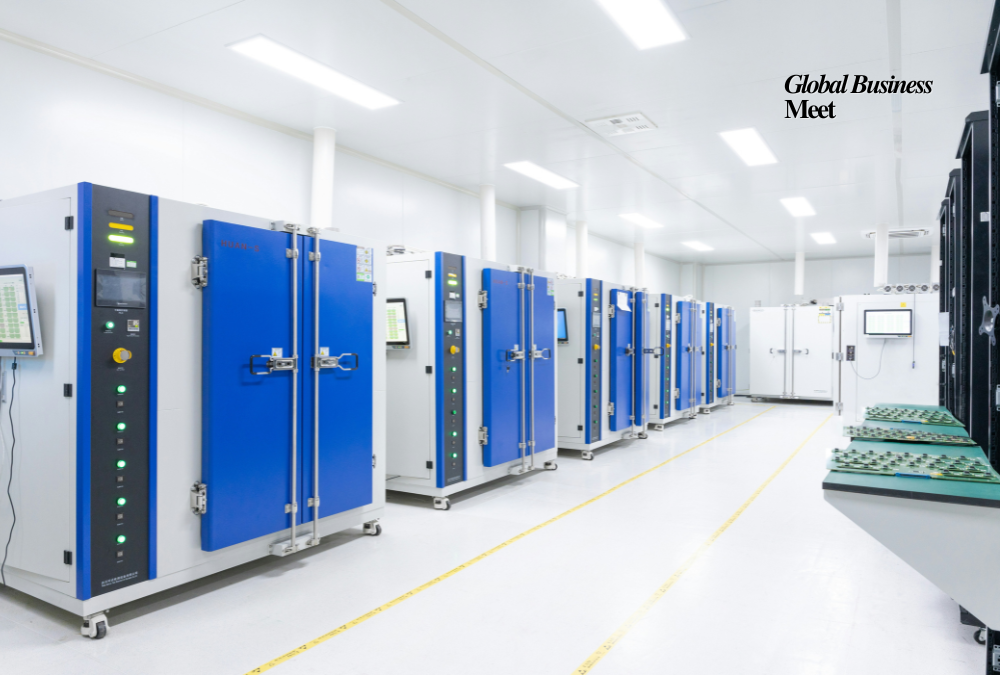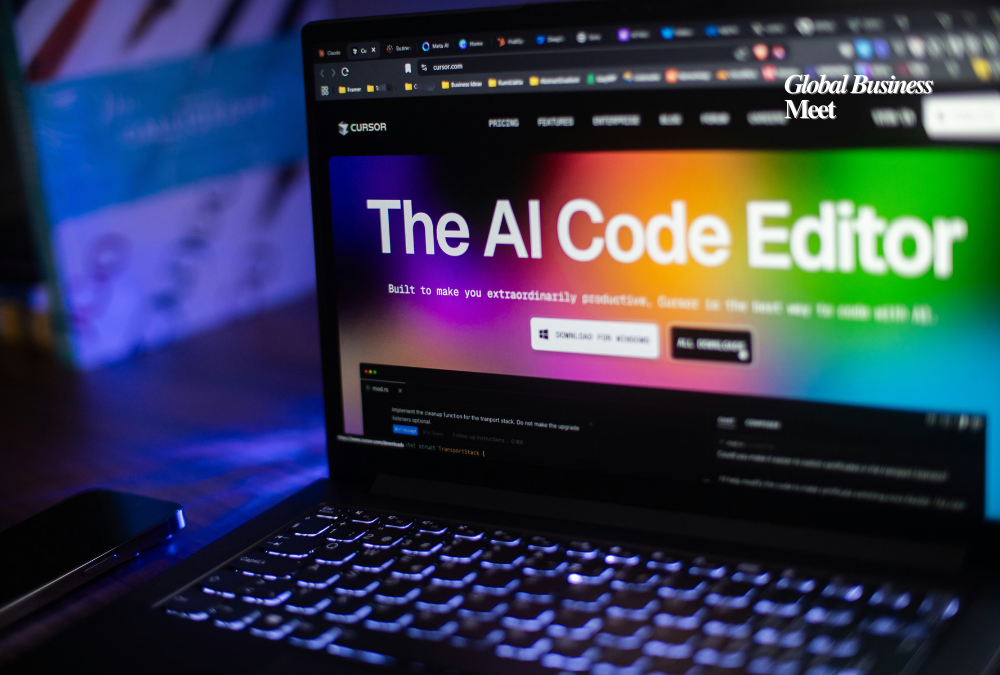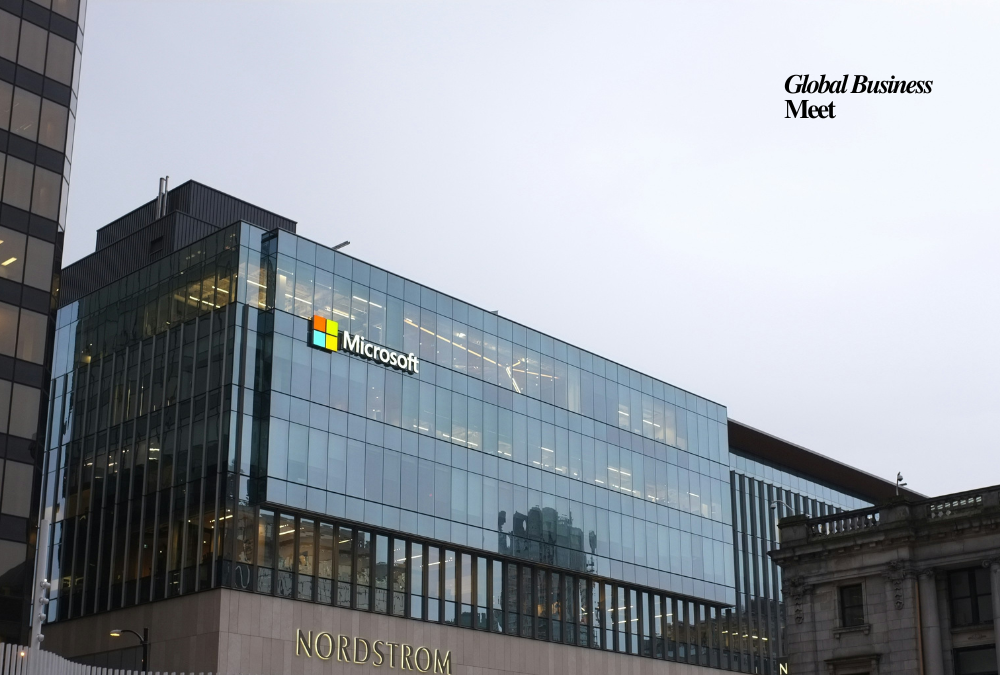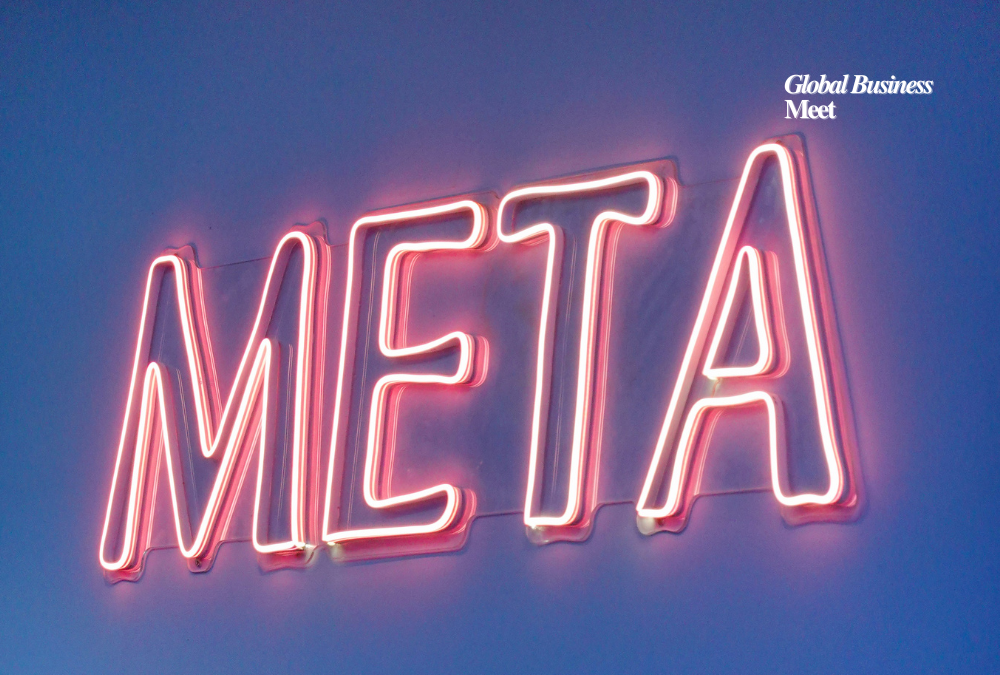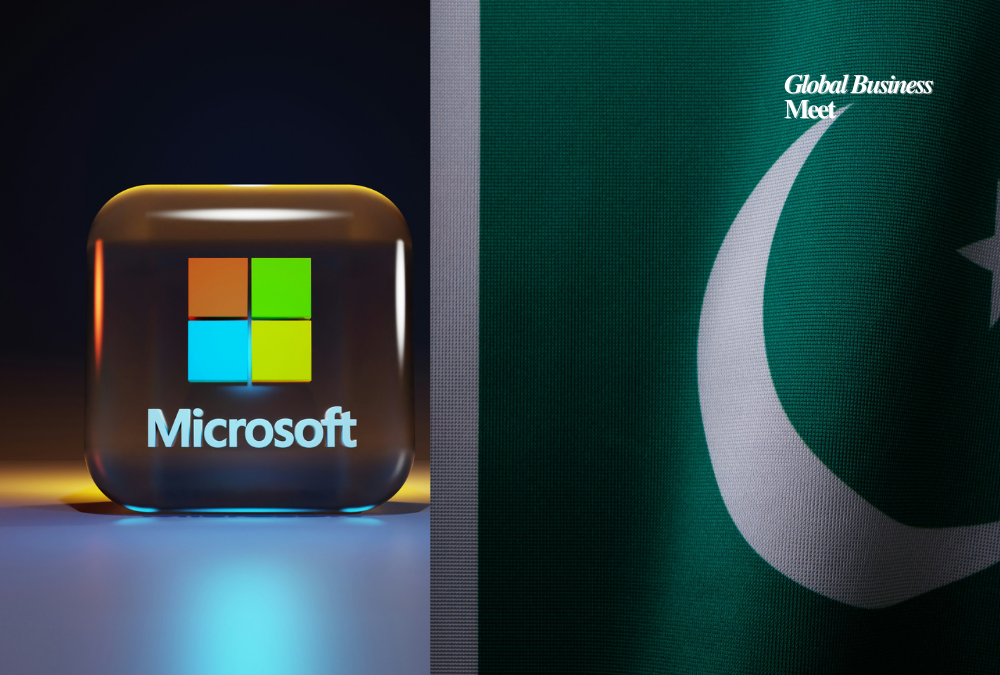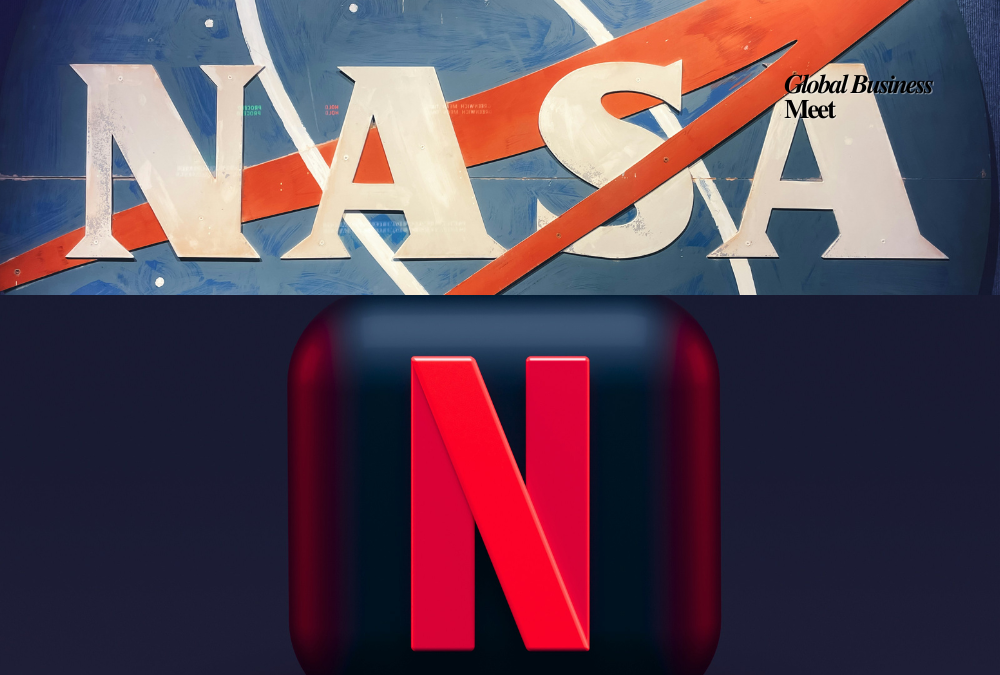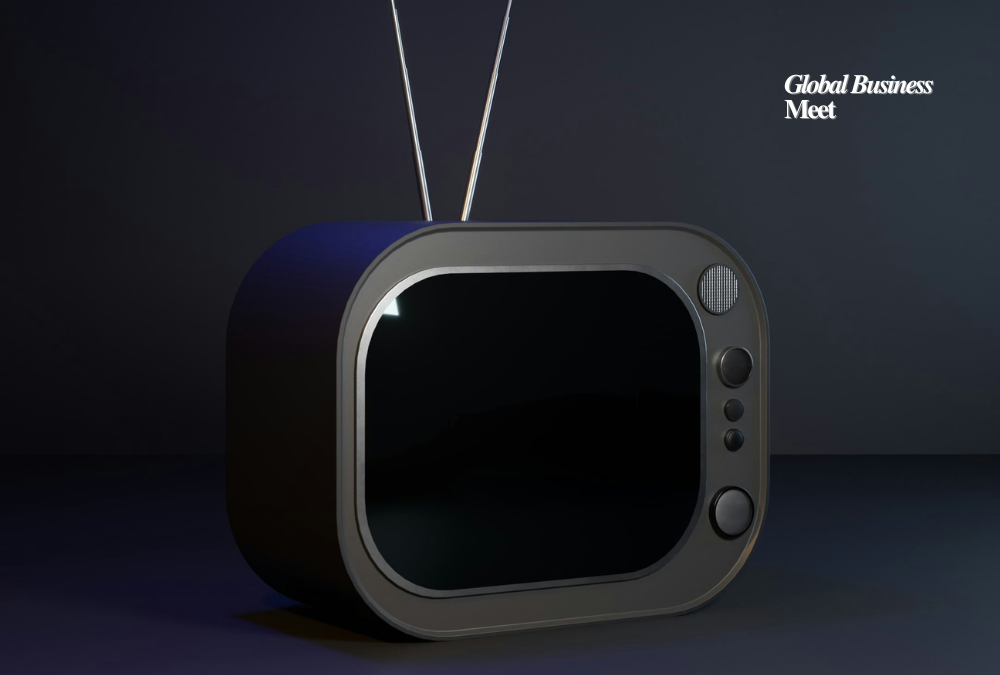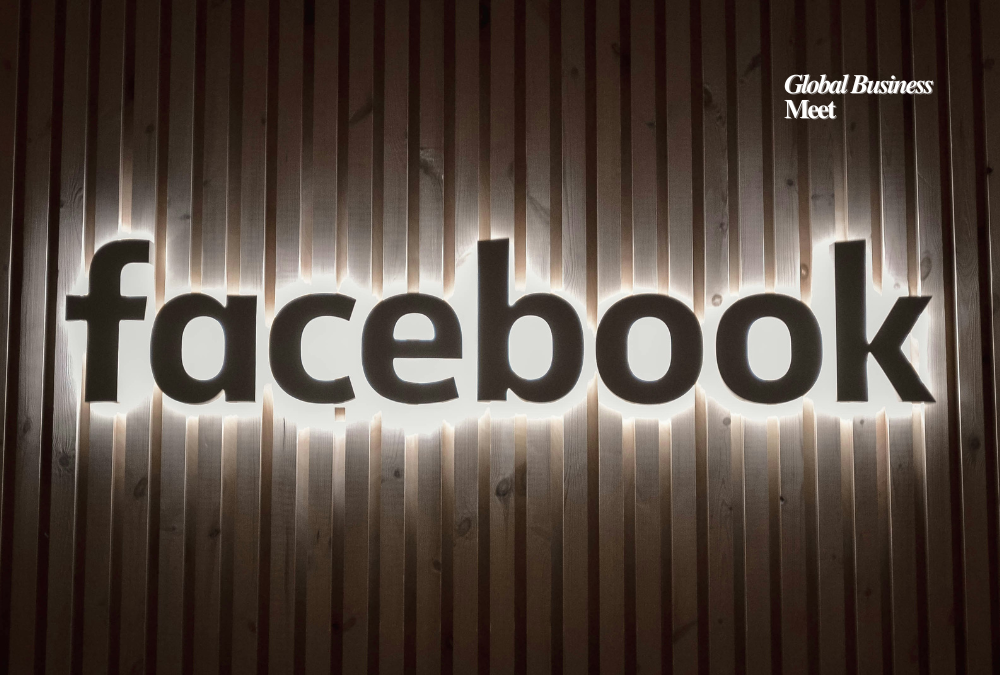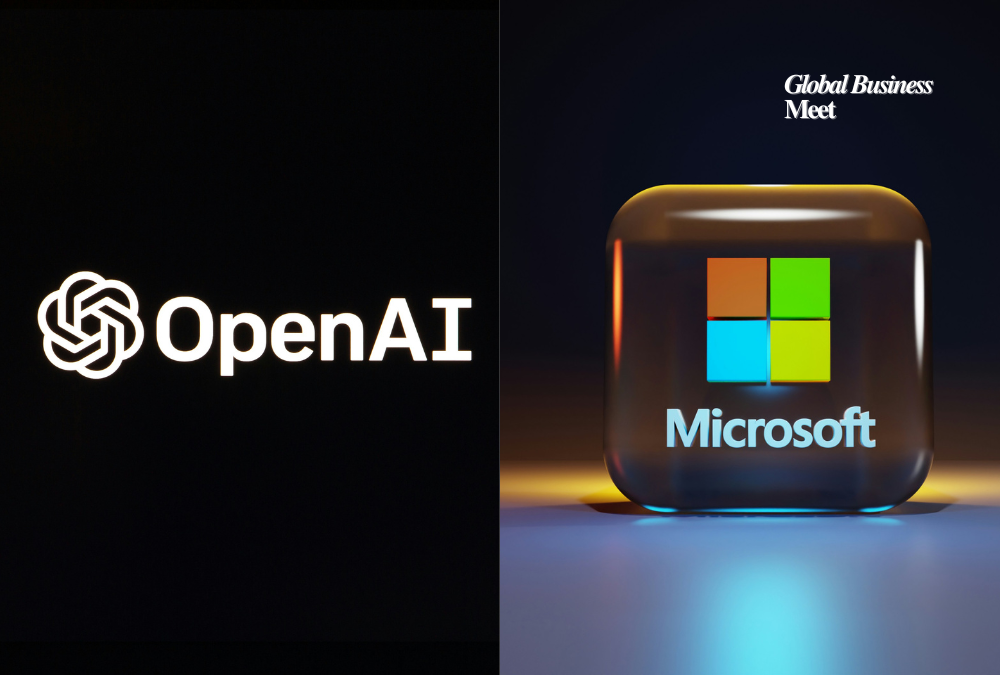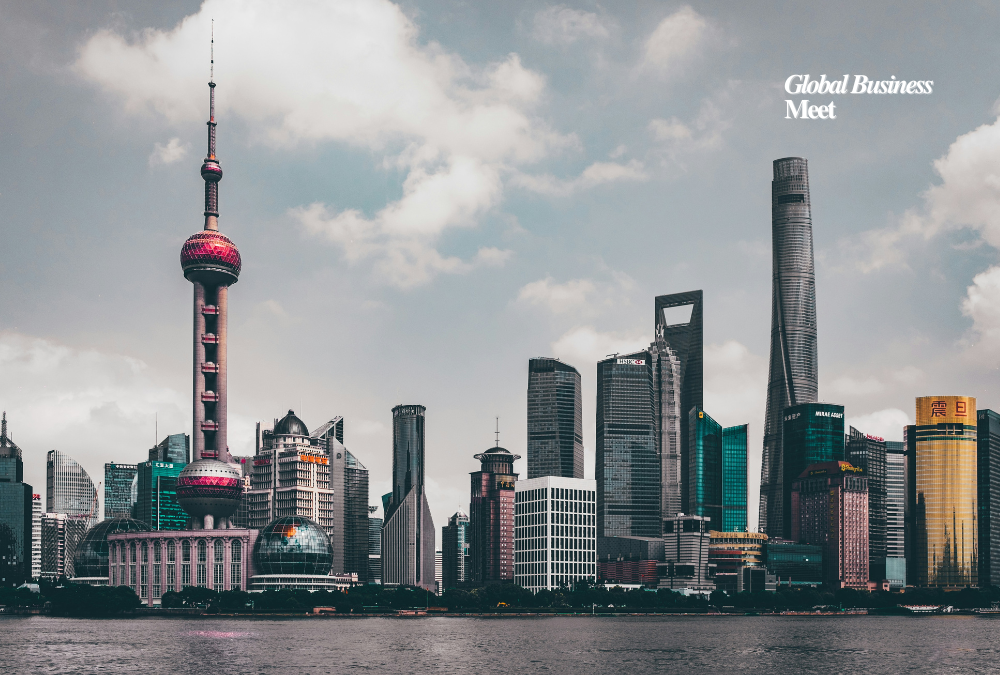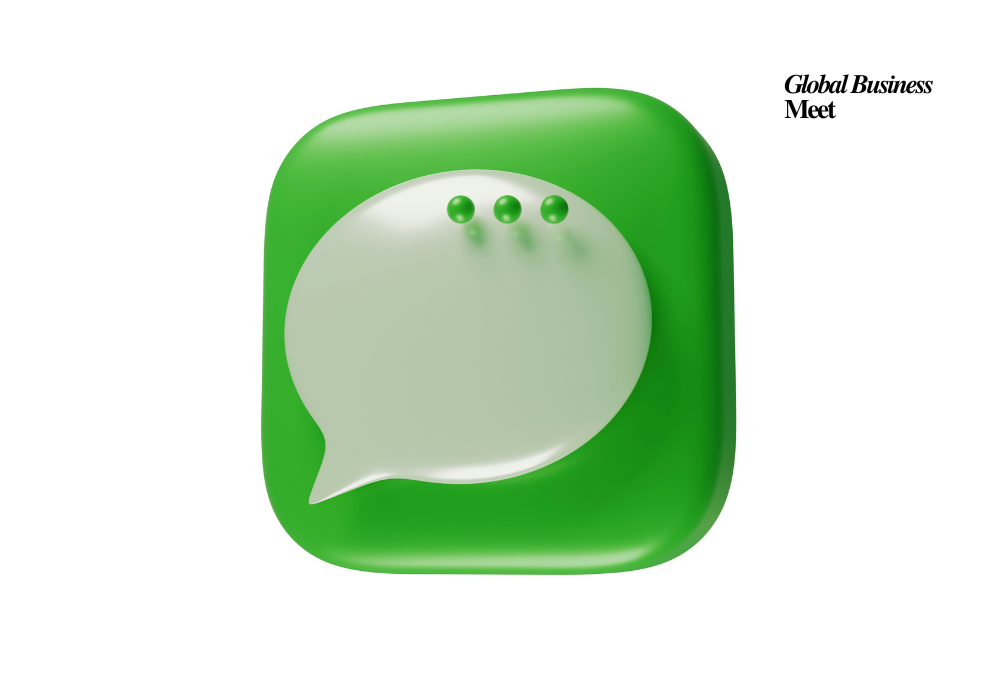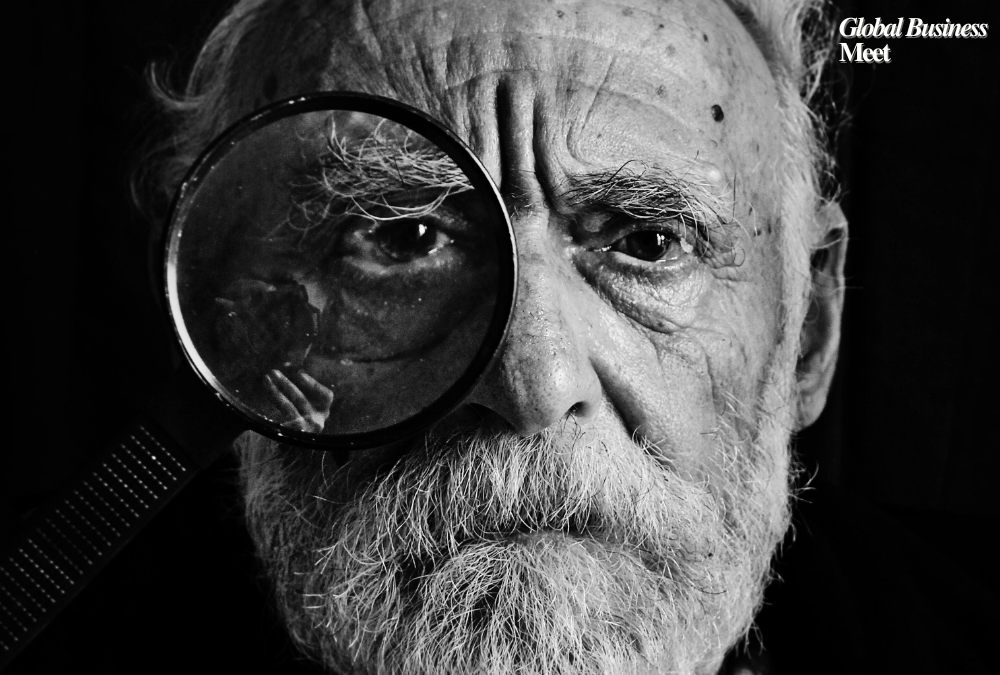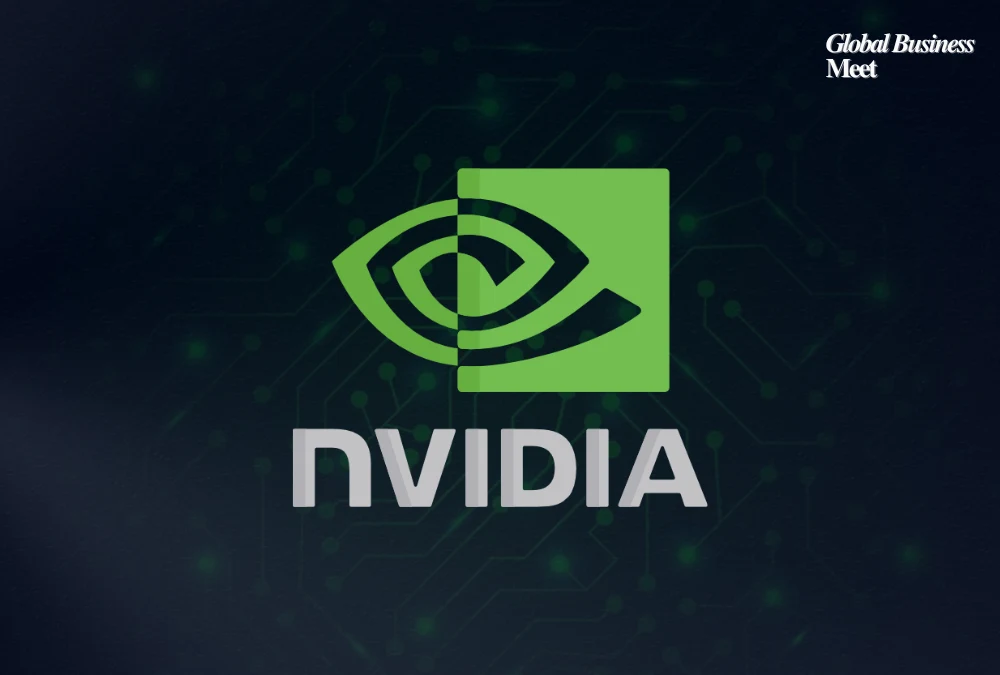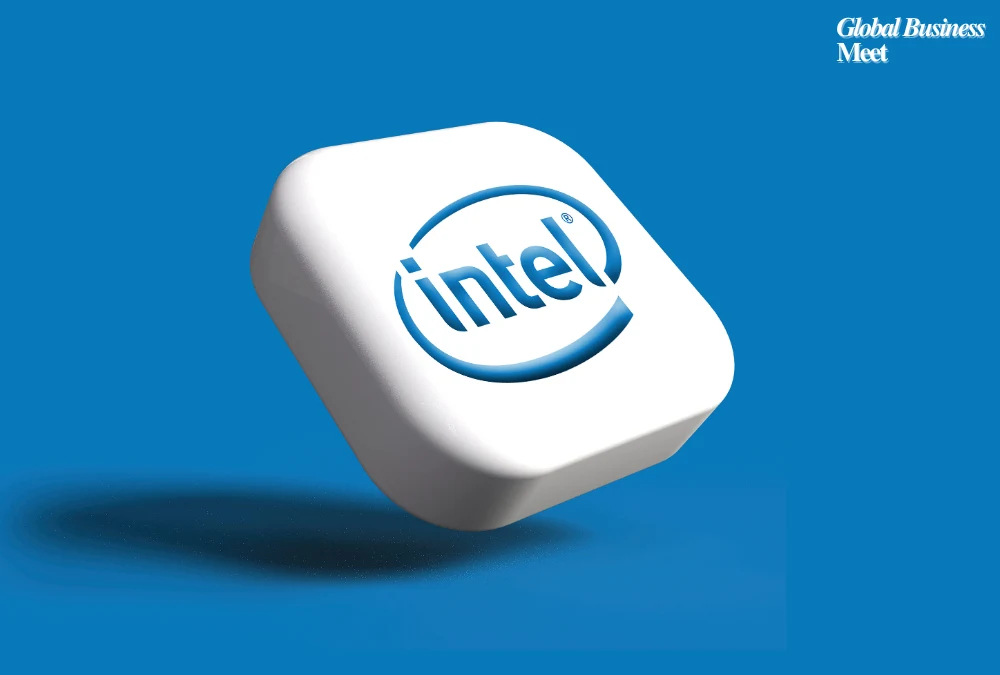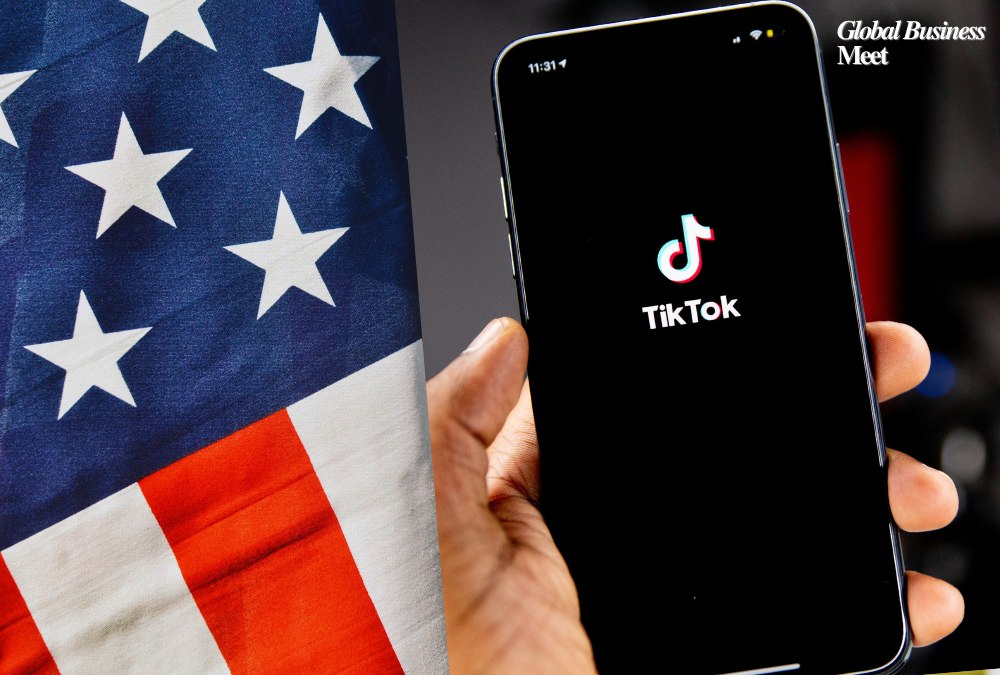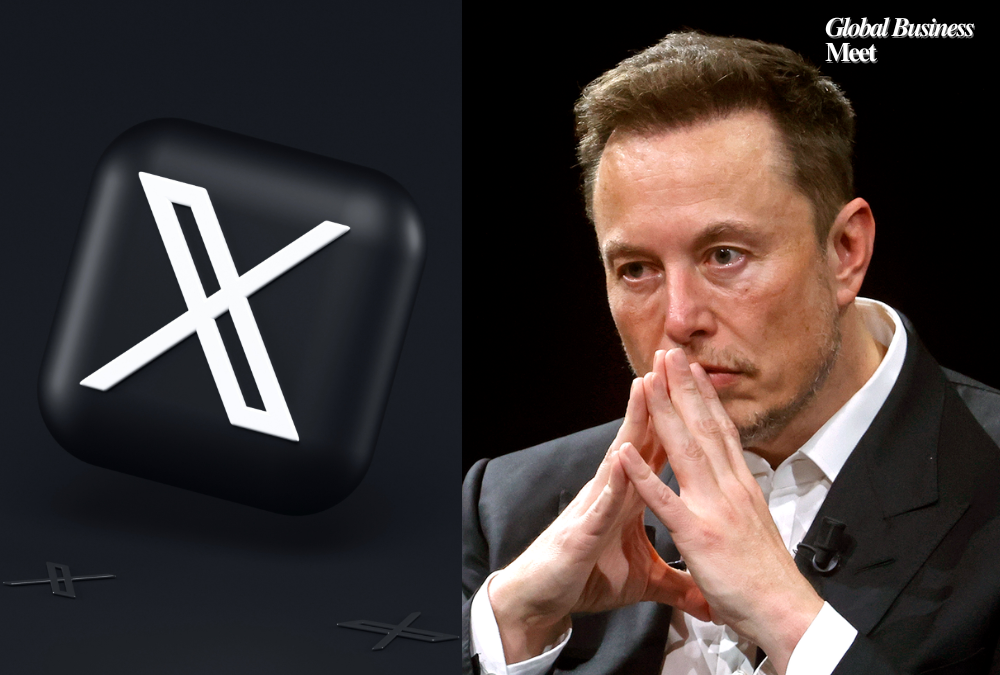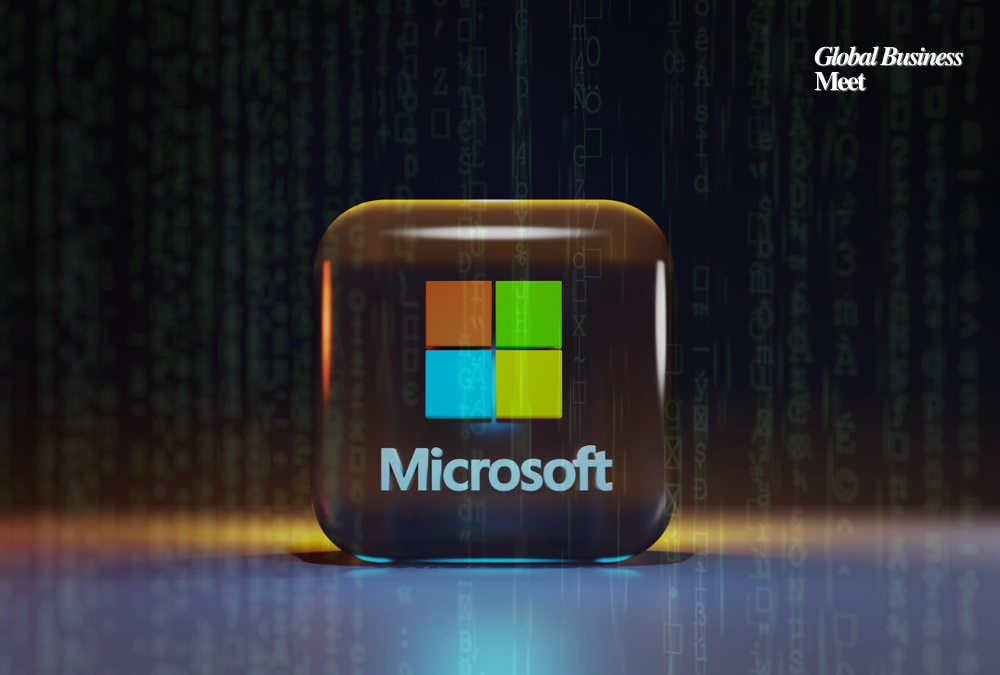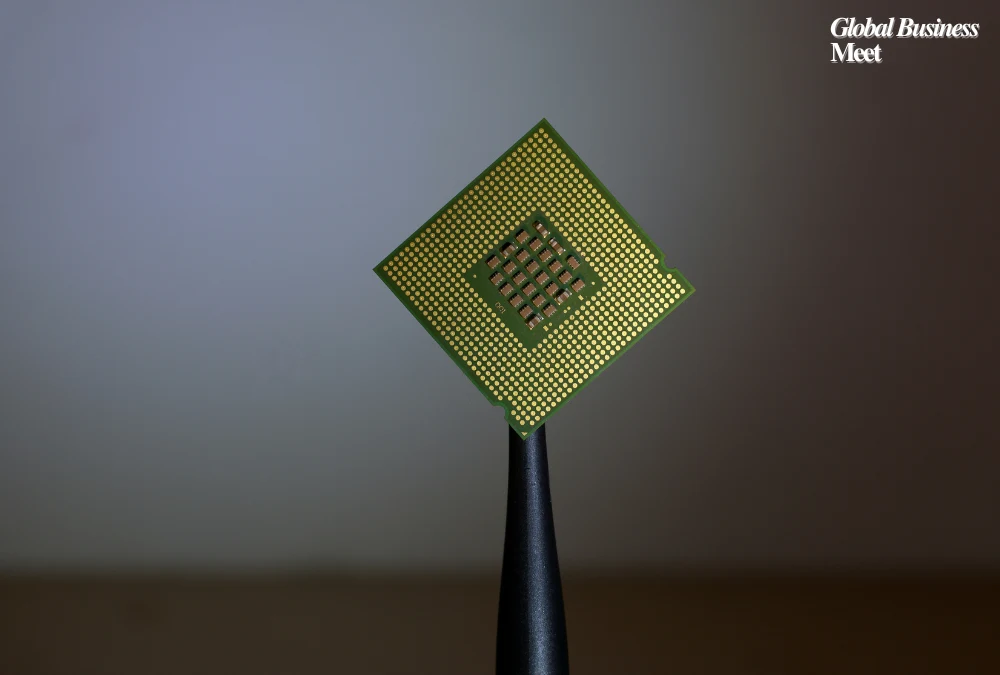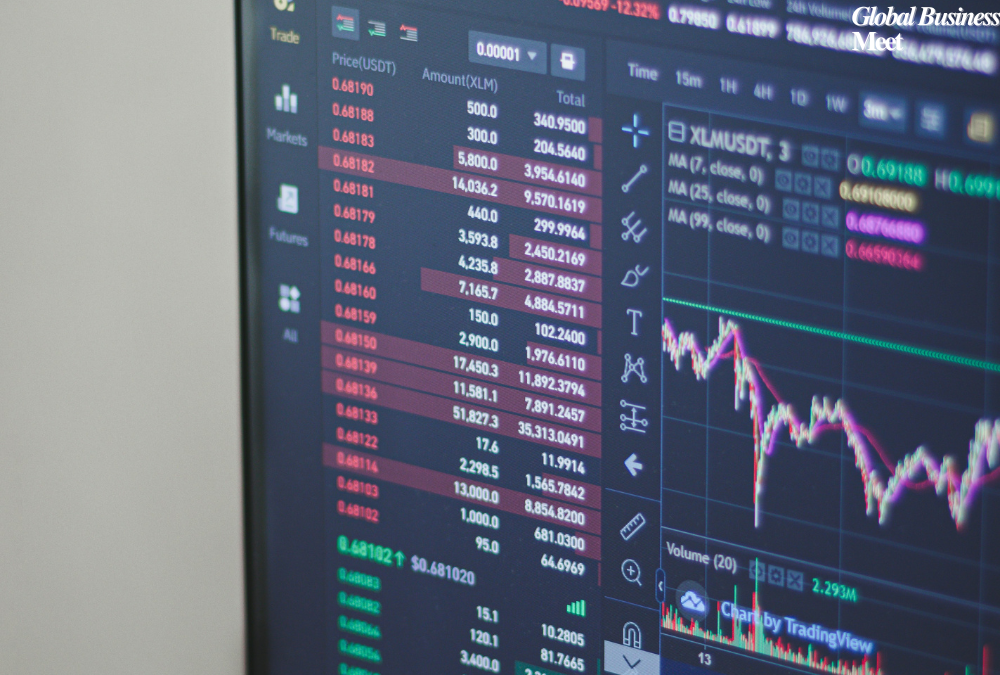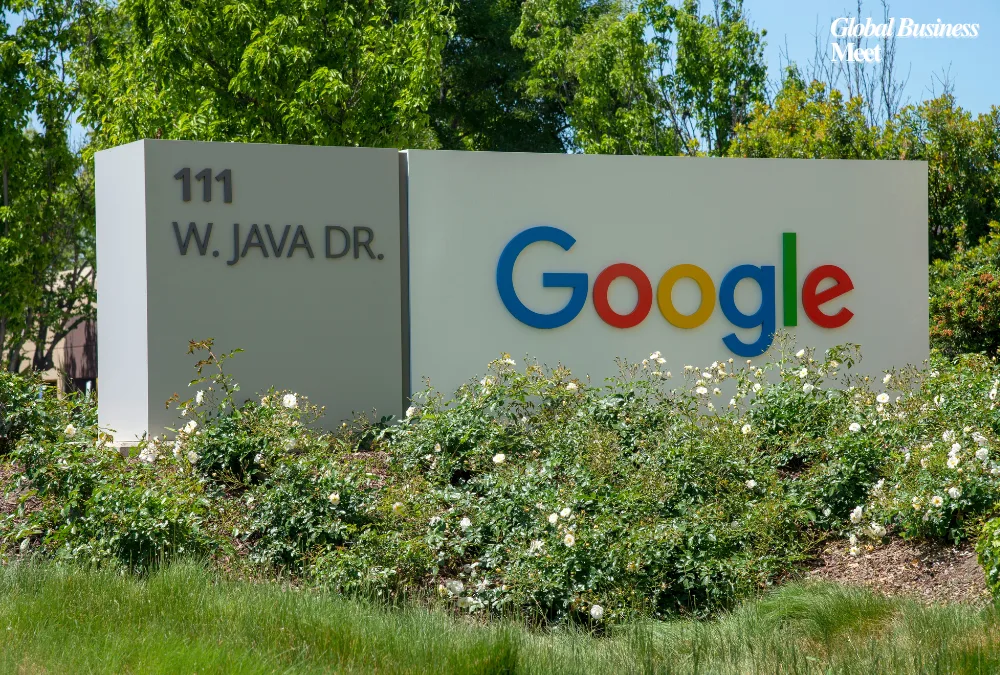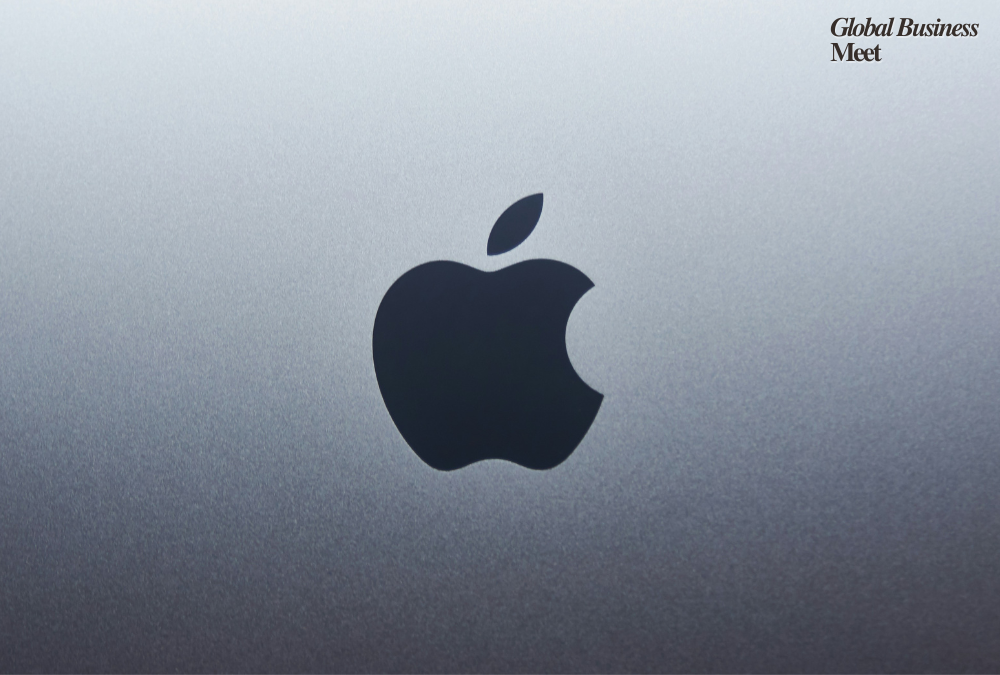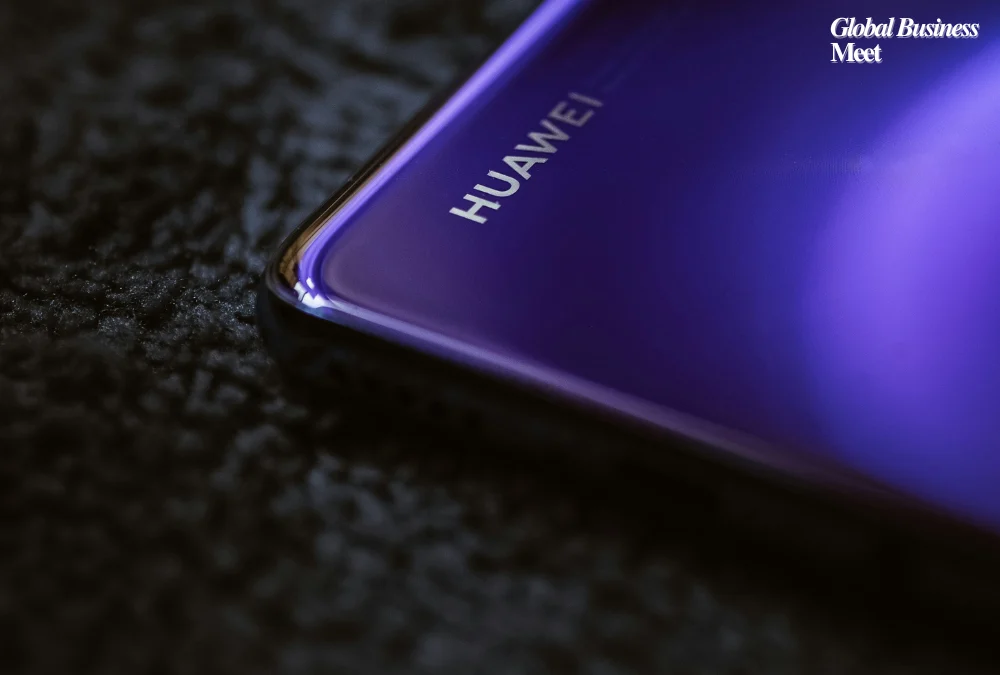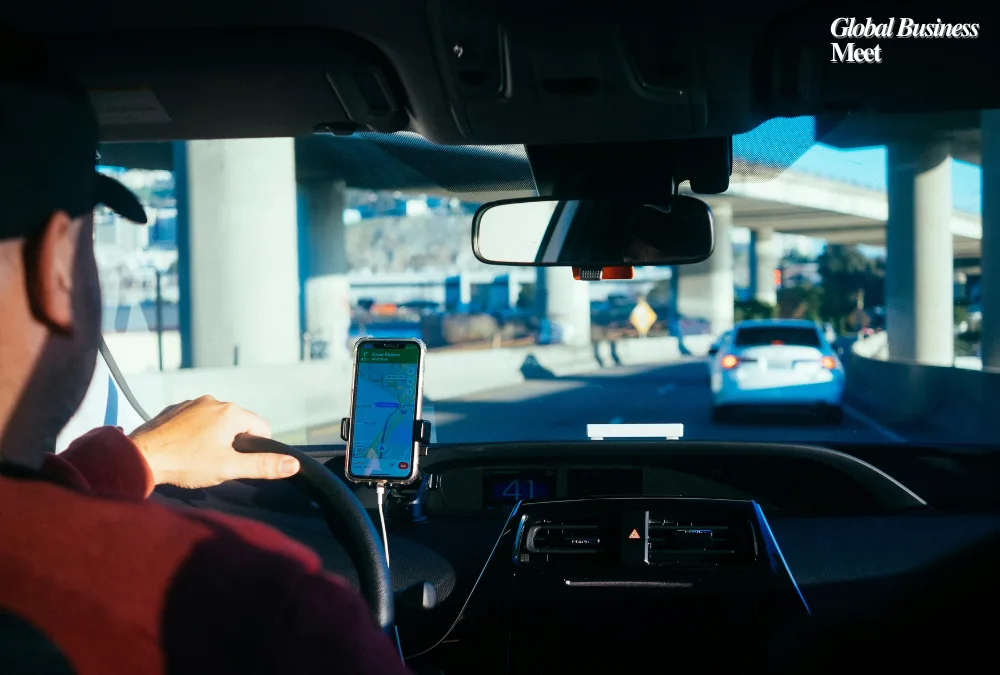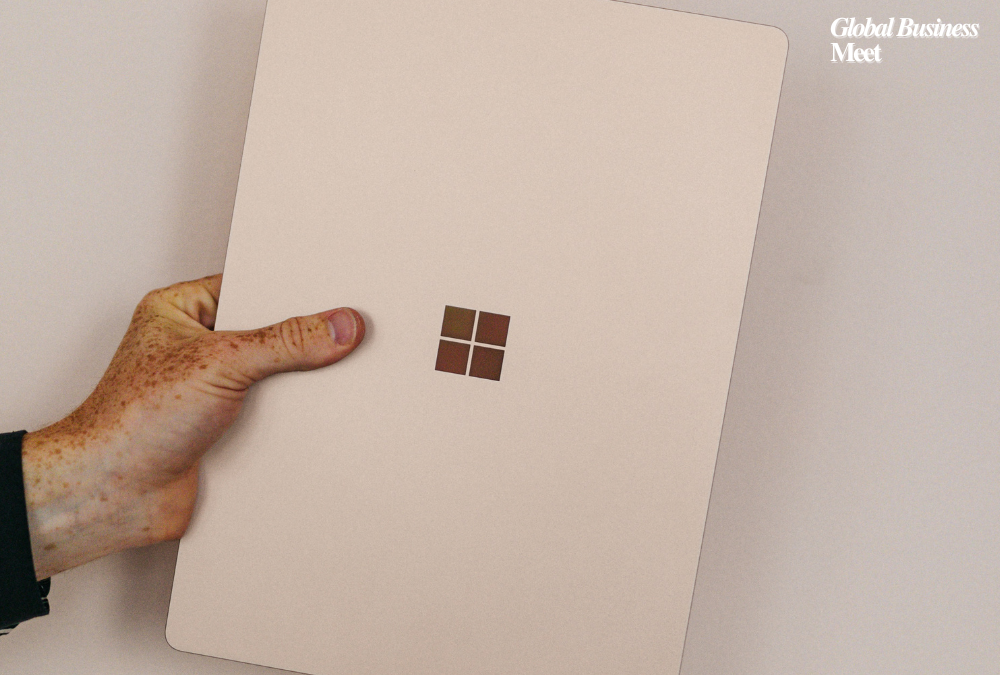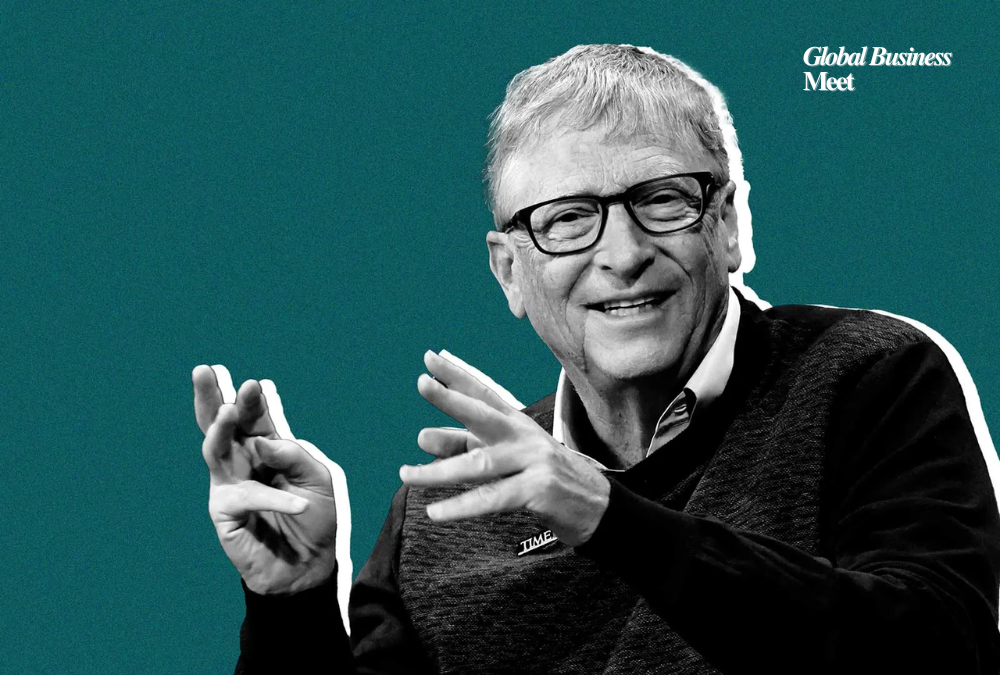
Bill Gates has stated that “Within the coming decade, AI will replace most doctor and teacher jobs, making humans redundant for most tasks.”
Bill Gates predicted that improvements in artificial intelligence would make human beings obsolete “for most things” on the world within the next decade.
This was claimed by Microsoft co-founder and billionaire philanthropist to comedian Jimmy Fallon during an interview on NBC’s “The Tonight Show” in February. In Gates’ opinion, today’s expertise is “rare,” and we still depend on human professionals in most areas, like “a great doctor” or “a great teacher.”
However, “Over the next decade, great medical advice and tutoring will become free and routine thanks to AI.” Gates told reporters. That is to say, in an interview with Harvard University professor and happiness expert Arthur Brooks last month, Gates described the world as entering a new era of “free-thinking ability.” According to Gates, the outcome will be swift advancements in AI-powered technology that are accessible and affect almost every part of our lives, from readily available AI tutors and virtual assistants to better medications and diagnosis.
Gates stated to Brooks, “It’s really profound and even a little scary — because it’s happening very quickly, and there is no upper bound.”
There is still disagreement over how the vast majority of humanity will fit into an AI-powered future. Some analysts believe that rather than totally replacing human labor, artificial intelligence (AI) would increase economic growth and create more jobs by increasing the efficiency of human labor.
Some, like Mustafa Suleyman, CEO of Microsoft AI, contend that additional technological advancements in the upcoming years would change the nature of most jobs in practically every industry and have a “hugely destabilizing” impact on the workforce.
According to Suleyman’s 2023 book “The Coming Wave,” “these tools will only temporarily augment human intelligence.” “They will unlock massive economic growth and temporarily make us smarter and more efficient, but they are fundamentally replacing labor.”
AI is a “fantastic opportunity” as well as a cause for concern.
Gates stated last year that he is hopeful AI can help humanity in general by bringing forth “breakthroughs in the treatment of fatal illnesses, creative responses to climate change, and universal access to high-quality education.”
In an interview with Fallon, Gates reiterated his opinion that AI will probably never replace some occupations, pointing out that, for instance, people definitely don’t want to watch robots play baseball.
We’re going to save some things for ourselves. However, those issues will eventually be essentially resolved in terms of producing goods, transporting goods, and cultivating food, Gates stated.
In 2023, Gates wrote on his blog that there are “understandable and valid” concerns about the development of artificial intelligence. The most sophisticated AI systems available today, for example, are prone to errors and aid in the spread of false information on the internet.
However, Gates told CNBC Make It in September 2024 that if he had to create a new company from scratch, he would start one that was “AI-centric.”
In addition to saying, “I’m encouraging young people at Microsoft, OpenAI, wherever I find them: ‘Hey, here’s the frontier,'” he added, “someone could raise billions of dollars for a new AI company today a few sketch ideas.” Because you have a great opportunity and are approaching this from a different perspective than I am.
Years ago, Gates foresaw the potential of AI.
When asked which industry he would prioritize if he had to start over from scratch, Gates immediately selected artificial intelligence (AI) because he recognized the transformation coming over ten years ago.
At a 2017 presentation at Columbia University, Gates and Warren Buffett, the CEO of Berkshire Hathaway, stated, “Today’s artificial intelligence research is at a very advanced stage.”
The “significant milestone” of Google’s DeepMind AI unit developing a computer program capable of outplaying humans at the board game Go was cited by him.
The technology at the time was years away from generative text powered by big language models, like ChatGPT. However, by 2023, even Gates was taken aback by how quickly AI was developing. He challenged OpenAI to construct a model capable of scoring high on a high school AP Biology exam, expecting the effort to take two or three years, according to his blog post.
Gates stated, “They did it in a period of a few months.” He referred to the achievement as “the most significant technical advance since the advent of the graphical user interface in 1980.”

